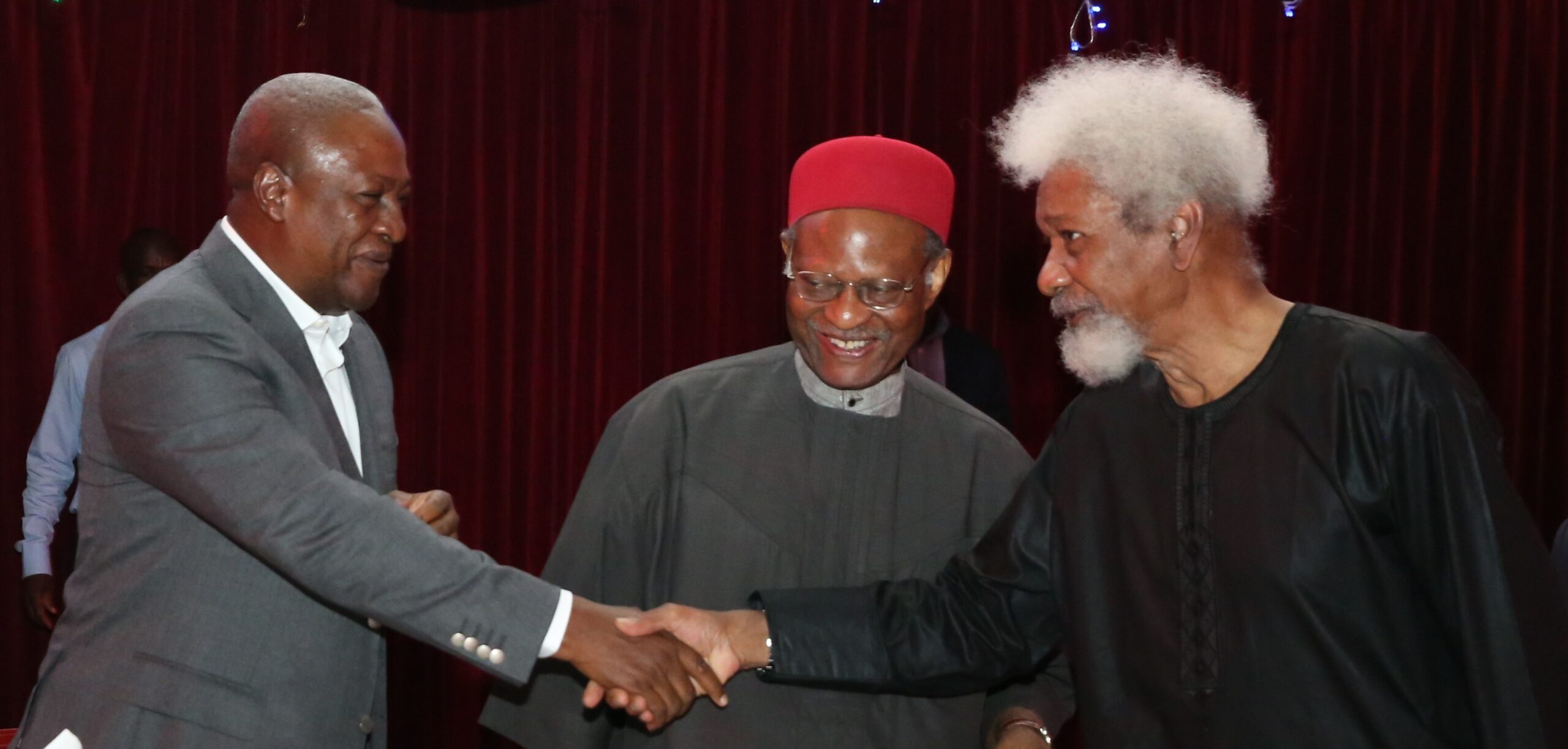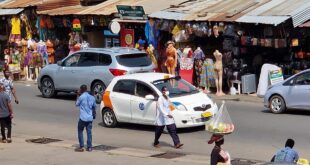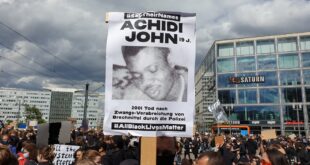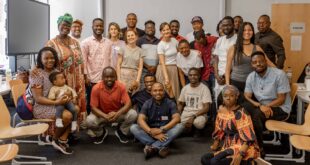People of African descent continue to face immense challenges to meaningful participation in public affairs in many countries due to systemic racism, marginalization and exclusion often rooted in the legacies of enslavement and colonialism, according to a UN Human Rights Office report issued Tuesday.
The report finds that systemic racism continues to affect negatively people of African descent in all aspects of life. Deaths of people of African descent during or after interactions with law enforcement continue, and the report finds that little progress has been made to address impunity – despite protracted struggles by families seeking accountability and effective redress.
“If systemic racism is to be overcome, States must accelerate action towards meaningful, inclusive and safe participation for people of African descent in every aspect of public affairs,” said UN High Commissioner for Human Rights Volker Türk.
“A critical starting point is for States to ensure that the needs, experiences and expertise of people of African descent are central to policymaking, implementation and evaluation.”
“Nothing about them without them,” Türk stressed.
The High Commissioner added that data disaggregated by race and ethnic origin is critical to ensure efforts to address systemic racism are grounded in evidence. Yet many countries still do not collect, publish or use such data to inform policymaking.
The report highlights illustrative examples of measures in place to facilitate the participation of people of African descent in public affairs in some countries, but also laments persistent challenges and the lack in many countries of “a safe and enabling environment empowering people of African descent to participate and share their lived experiences and expertise to influence decision-making.”
“Racial abuse and discrimination, surveillance, harassment, intimidation, arrests and violence against people of African descent and civil society actors of African descent hinder meaningful, inclusive and safe participation for people of African descent in public affairs in many countries,” Türk said.
The High Commissioner also issued a guidance note to States on effectively implementing the right to participate in public affairs, in which he emphasized the urgent need for targeted State action in this regard.
He called on States to unveil multipronged comprehensive evidence-based legal, policy and institutional approaches to dismantle systemic racism in all areas of life, including in law enforcement.
“Deaths during or after interactions with law enforcement continue to be reported, with insufficient progress towards accountability and redress,” the High Commissioner said.
“States need to take firm action to ensure justice and redress in these cases, and to put in place strengthened and independent oversight mechanisms. It is essential that they examine what role racial discrimination, stereotypes and biases play in law enforcement and accountability processes.”
The report will be officially presented to the UN Human Rights Council on 5 October.
© OHCHR
——
Information on the High Commissioner’s Agenda towards transformative change for racial justice and equality can be found at https://www.ohchr.org/en/racism/agenda-towards-transformative-change-racial-justice-and-equality .
 THE AFRICAN COURIER. Reporting Africa and its Diaspora! The African Courier is an international magazine published in Germany to report on Africa and the Diaspora African experience. The first issue of the bimonthly magazine appeared on the newsstands on 15 February 1998. The African Courier is a communication forum for European-African political, economic and cultural exchanges, and a voice for Africa in Europe.
THE AFRICAN COURIER. Reporting Africa and its Diaspora! The African Courier is an international magazine published in Germany to report on Africa and the Diaspora African experience. The first issue of the bimonthly magazine appeared on the newsstands on 15 February 1998. The African Courier is a communication forum for European-African political, economic and cultural exchanges, and a voice for Africa in Europe.





























